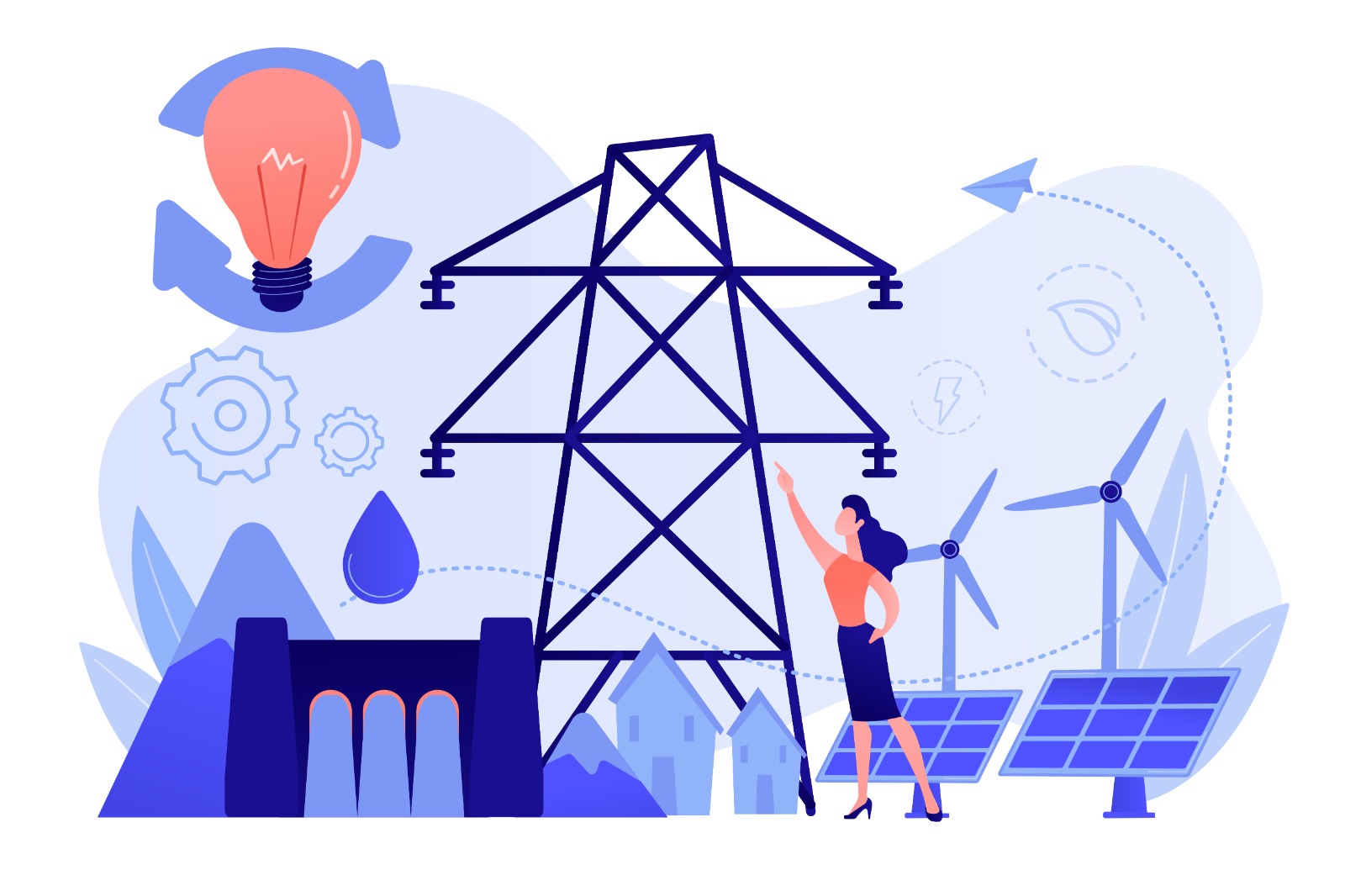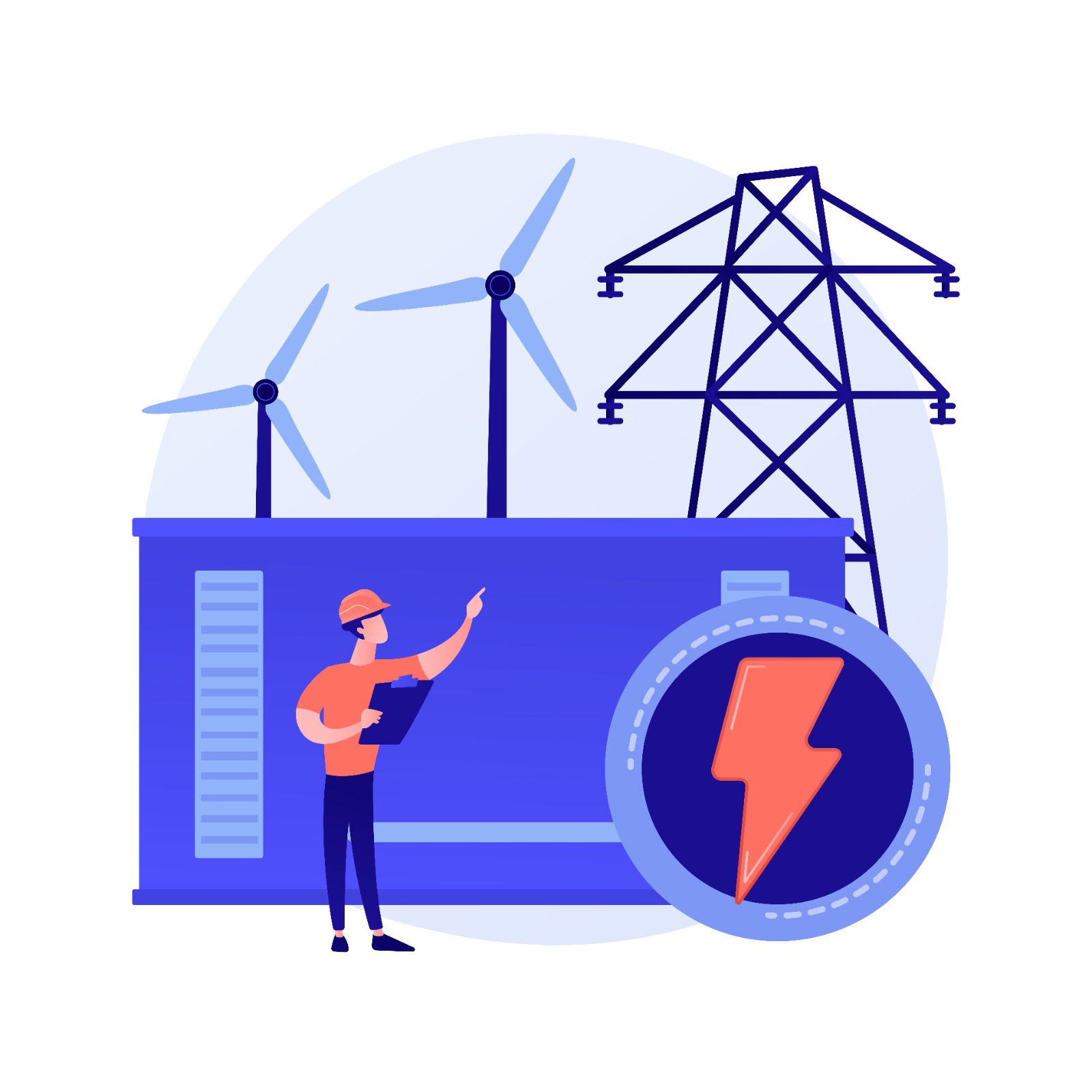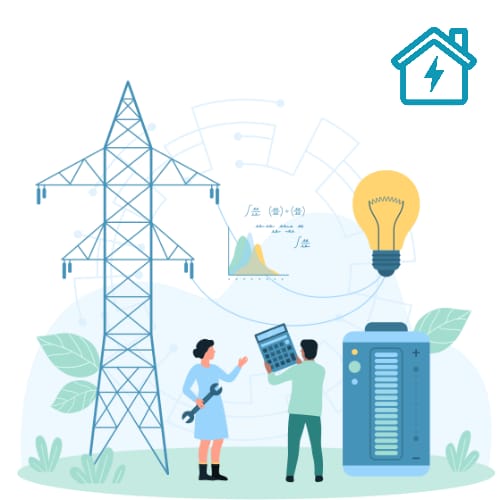This blog summarizes the tech talk segment of ‘Startup Saturdays’ sessions. Experts from industry or academia are invited to speak on a specific topic. Each topic addresses various nuances of entrepreneurship at one of the four levels - individual, company, sector, or ecosystem. Each level has a distinct set of challenges and opportunities, suitable set of skills and resources, and provides a level of understanding of entrepreneurship.
Startup Saturdays is a fortnightly session organized by the Andhra University Incubation Council (ā hub). It includes multiple segments, and is designed as a forum for facilitating a dialogue among innovators, entrepreneurs, and investors. It is a public forum and everyone is welcome. It is the longest running forum for the startup community in Visakhapatnam.
You can join the conversation by attending these sessions every first and third Saturdays from 4 PM to 5:30 PM. Every session is live on ā hub’s YouTube channel. You can also join our WhatsApp group or follow us on social media for regular updates.
Powering the Future: How Startups Can Revolutionize India's Power Sector
This session was planned as a precursor for the upcoming HackAP Hackathon on power distribution. APEPDCL provided a set of seven problem statements derived from their operations for the HackAP Hackathon scheduled on Nov 24,2024. Mr. Eswarar Rao is a consultant from KPMG, working closely with APEPDCL, and involved in identifying the problem statements. He has extensive experience in strategic  growth, policy, and innovative solutions provided actionable insights. Electricity is vital for industry, job creation, and revenue generation, and its availability, affordability, and efficiency directly impacts a state's economic potential. Power sector is the backbone of modern economies, driving growth, productivity, and innovation. In India’s power sector, the state and central governments oversee power generation and distribution, covering everything from supply and substations to consumer services like billing and call centers. Power flows from state and central generating stations, and transmission systems carry this power over long distances. Local transformers reduce the voltage before it reaches households and businesses. Andhra Pradesh Eastern Power Distribution Company Limited (APEPDCL), Andhra Pradesh Central Power Distribution Corporation Limited (APCPDCL), Andhra Pradesh Southern Power Distribution Company Limited (APSPDCL) are central to managing power distribution in Andhra Pradesh, while the State Load Dispatch Centre (SLDC) ensures integrated operation with the southern region's load dispatch system. Challenges and opportunities with regard to this segment are many - most of which hold immense potential for innovation by startups.
growth, policy, and innovative solutions provided actionable insights. Electricity is vital for industry, job creation, and revenue generation, and its availability, affordability, and efficiency directly impacts a state's economic potential. Power sector is the backbone of modern economies, driving growth, productivity, and innovation. In India’s power sector, the state and central governments oversee power generation and distribution, covering everything from supply and substations to consumer services like billing and call centers. Power flows from state and central generating stations, and transmission systems carry this power over long distances. Local transformers reduce the voltage before it reaches households and businesses. Andhra Pradesh Eastern Power Distribution Company Limited (APEPDCL), Andhra Pradesh Central Power Distribution Corporation Limited (APCPDCL), Andhra Pradesh Southern Power Distribution Company Limited (APSPDCL) are central to managing power distribution in Andhra Pradesh, while the State Load Dispatch Centre (SLDC) ensures integrated operation with the southern region's load dispatch system. Challenges and opportunities with regard to this segment are many - most of which hold immense potential for innovation by startups.
- Reducing AT&C Losses: One of the ongoing challenges is reducing Aggregate Technical & Commercial (AT&C) losses. Startups can use data analytics to optimize billing, enhance collection efficiency, and detect theft, which can minimize these losses and increase revenue.
- Renewable Energy Integration: As the demand for renewable energy grows, startups can play a role by facilitating rooftop solar installations or setting up virtual arrangements to aggregate solar energy across vacant spaces. Given the intermittent nature of solar and wind power, efficient storage solutions and energy transfer systems are crucial.
- Power Purchase Optimization: Power Purchase Agreements are either very short-term or long-term, usually in the range of 20-25 years. Startups can optimize energy buying through the use of AI and machine learning for capturing trends in demand spikes, weather events, and planned outages.
- Customer-Centric Innovations: With conventional systems dominating customer relations, startups have the opportunity to develop AI-based solutions focused more on customer satisfaction, usage trends, and response time for blackout and service requests.
- Cost Control and Project Management: Tools associated with cost control, in addition to project management, packaged into a single bundle to integrate quality assurance can be introduced by start-ups. Innovations in these fields would help projects start on time with minimal costs while the power infrastructure development becomes more efficient.
- Data Analytics and Demand-Side Management: Data analytics allows startups to offer insights into consumption trends and load forecasting and demand-side management. There is tremendous opportunity for startups in smart home automation, EV integration, and power consumption tracking.
- Shift to Renewable Storage: As traditional sources of energy are replaced with renewable ones, pumped storage hydroelectricity projects and EV charging stations would increasingly utilize the services of startups that link the need for the storage of renewable energy.


In a groundbreaking move, APEPDCL is inviting young innovators and entrepreneurs to propose solutions for pressing challenges in the power distribution sector. Rather than following a traditional tender process, APEPDCL is turning to youth-led innovations to help address real-world issues. They are sponsoring the next HackAP Hackathon to engage young innovators and startups in resolving some of these challenges. Rs. 6,00,000 in prize money, and a promise of contracts for successful solutions are all at stake here. Here are the key problem statements they’re looking to solve:
- Problem Statement: Seamless functioning of communication modems installed for Feeders. Desired Outcomes: Participants are expected to: Study the existing modems’ Network Interface Card (NIC) firmware, rewrite the firmware on the existing hardware. Modify the data acquisition software (MQTT Protocol) Ensure the acquired data is integrated to the APEPDCL database. The solution must have a considerable impact on the communication consistency of the modems.
- Problem Statement: Enhance Quality Control Management in APEPDCL's New Projects to Ensure Reliable Power Distribution. Desired Outcomes: To identify anomalies/ deviations in the components of new installations (Lines & associated equipment) w.r.t construction standards.
- Problem Statement: Defect Detection and Analysis in Power Distribution Components using Image Processing. Desired Outcomes: Develop an image processing-based system to detect, classify, and analyze defects in power distribution components (e.g., transformers, switchgear, insulators, poles, conductors, insulators, x-arms, capacitor banks, etc.) from photographs, enabling: 1. Early defect detection and prevention of potential failures 2. Reduced manual inspection time and increased efficiency 3. Improved accuracy and consistency in defect identification 4. Data-driven insights for predictive maintenance and asset management.
- Problem Statement: Accurate detection of Open Circuit faults during broken/ open conductor which poses a serious threat of electrocution to passersby human or animal and a potential fire hazard. Desired Outcomes: Participants are expected to propose a cost-effective “Open Circuit” fault detection method/ provision for the existing low-end OEM make feeder relays in APEPDCL (Must work for unbalanced load situations, 2/3, 1/3 Agri-Supply).
- Problem Statement: Use of Optical Character Recognition (OCR) for accurate conversion of meter display information from image to text. Desired Outcomes: The objective of this project is to develop a comprehensive model that enhances the accuracy and reliability of the billing process by incorporating the following functionalities that: Image Extraction: The model should be capable of extracting data from captured images of the meter display using Optical Character Recognition (OCR) technology. This includes the cumulative kWH, cumulative kVAH, and Maximum Demand (MD) readings. The feature should function effectively both online and offline to accommodate various field conditions. o When the display is not visible, and o When the LCD screen is visible with the corresponding output Data Extraction: Retrieves data displayed on the LCD screen. Image-to-Text Conversion: Accurately and reliably converts the extracted image data into text format.
- Problem Statement: Prevention of explosion of Current transformers (CTs) used in APEPDCL network. Desired Outcomes: The participants are required to provide a cost-effective retrofitting solution to restrict the explosion of existing CTs in APEPDCL during its failures.
- Problem Statement: Identification or detection of failure of insulators (polymer and porcelain) during night . Desired Outcomes: The participants are required to develop an innovative tool/ device which can identify / detect the polymer insulator failure from the ground level during nights.

For detailed information on the Hackathon problem statements, please visit this link: https://alcovepartners.com/events/hack-ap-nov24. In addition to these specific problem areas, APEPDCL is open to further innovations in consumer behavior analysis, customer care enhancements, and data analytics using AI or machine learning. The winners of this hackathon will receive support from a-hub to establish their startups, accelerating their solutions toward deployment.

Powering the Future with Innovation: This is a rare opportunity for budding entrepreneurs to make a real impact in a critical sector. By solving these challenges, they not only stand to gain a foothold in the energy industry but also contribute to the sustainability and efficiency of India’s power sector. Through innovation and collaboration, young entrepreneurs have the chance to reshape the future of energy in India—one breakthrough at a time.
To view the video of this session, please click on the link provided: Watch the session video on YouTube.